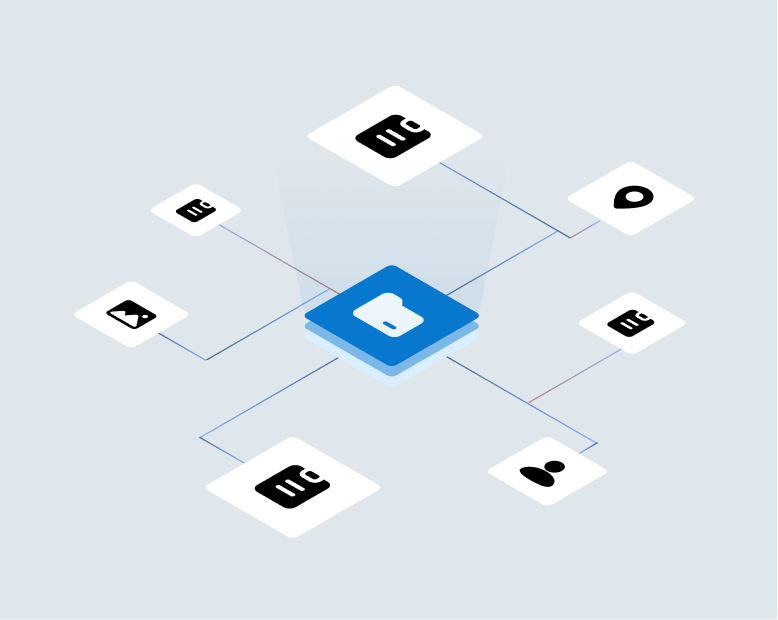It turns out that quite a few owners of commercial vehicles dishonestly insure them as personal vehicles. Indeed in our personal automotive insurance policy database of millions of customers, roughly 1 percent of all vehicles are actually commercial. And it’s not hard to understand why – it’s a lot cheaper. Commercial auto insurance is more expensive because it carries:
- Higher Liability Minimums: Depending upon usage, commercial vehicles are often required to carry higher liability insurance limits. For example in California a personal minivan seating 7 is required to carry $15,000 per individual /$30,000 per accident/ and $5,000 property damage coverage or roughly $50,000 in total while an equivalent commercial van carrying passengers is required to carry a minimum of $750,000 in general liability coverage.
- Higher Risk: Commercial vehicles often have many potential drivers, who cannot be evaluated for their driving history. Commercial policies are also broader – for example they often cover damages from pickup and delivery. And commercial vehicles are used for a wide range of different activities – some of them quite dangerous. All these higher risks lead to higher rates.
- Higher per vehicle value: Commercial vehicles often have expensive features that personal vehicles don’t , like heavy duty suspensions or customized additions to carry and store equipment. So the replacement value is higher leading to higher rates.
These factors result in premiums that can be multiples of an equivalent vehicle on a personal auto policy. So it’s understandable that some customers would try to game the system. Unfortunately it’s often quite difficult to identify a vehicle with a Commercial Vehicle Misclassification Problem until a claim comes in. And sometimes not even then. This is because:
- Many commercial vehicles are the same makes and models as those commonly used as personal vehicles so Vehicle Identification Numbers are not a useful guide to identify them.
- Nor is Commercial registration a reliable guide to commercial use because to save money, policy holders often register commercial vehicles as personal ones.
- The total value to be covered often will exclude expensive commercial modifications that were acquired in the after market and not reflected on vehicle purchase records.
Needless to say, the Commercial Vehicles Misclassification Problem is a significant source of premium leakage. Assume conservatively that these misclassified vehicles would carry a commercial premium twice that of a personal policy. If the data are right and 1% of all insured vehicles in a portfolio are misclassified, then the premium leakage for this type of misclassification alone could equal or exceed 1% of revenue. If that’s the case then eliminating even a fraction of these data defects could have a significant impact.
VeracityID can help insurers crack this problem. idFusion gives insurers tools like idAnalyze (TM) which allows them to create business rule sets that serve as risk indicators for the presence of a commercial vehicle. idFusion then enables insurers to automatically intervene within the customer or agent’s application session and gather additional information or documents such as a photograph of the vehicle to validate the customer’s claim. Indeed, idFusion delivers the alerts, workflow and tools that enable insurers to identify, address, intervene and ultimately prevent these events from occurring.
The good news is that the Commercial Vehicles Misclassification Problem has a solution that idFusion can deliver for insurers. The bad news is that if they don’t choose to implement then it’s the honest policy holders that foot the bill. We think that’s wrong – which why we founded VeracityID.


